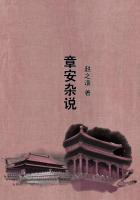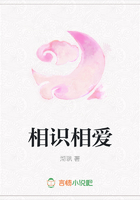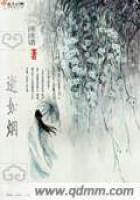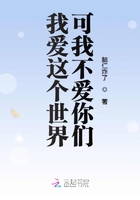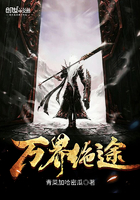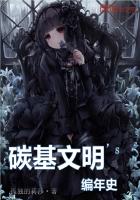THE SCATTERED FAMILY
For three years after we came to Sharon I went to school, and in my spare time worked at my shoe shining and other odd jobs. We had bought feather beds again and our little home was a happy one. By hanging around the depot spotting traveling men who needed a shine, or their grips carried, I got acquainted with the telegraph agent. And so I got the job of telegraph messenger boy.
Few telegrams were sent, and then only when somebody died. So whenever I carried a telegram I knew that I was the bearer of bad news. Accidents happened in the mines and iron mills. And when a man was killed, it often meant his wife and babies would face hunger, for the jobs were not the kind for women and children;muscular men were needed. Aside from the occupation of housewife, there was nothing for a woman to do in those days except to take in washing or sewing.
Of the many death messages that I bore to the workers' homes in Sharon, few found a home that was able to last a day after the burial of the bread-winner. He had failed to make provision for such an accident,--no savings in the bank, no life insurance. As soon as the worker was stricken his children were at the mercy of the world. I saw so much of this, that the pity of it entered deep into my boy-heart and never afterward could I forget it.
I talked with the station agent, the banker and the hotel keeper. The station agent had money in the bank which he was saving to educate his boy to be a telegrapher. He also carried life insurance. "If I should die," he said, "my wife would collect enough insurance to start a boarding-house. My boy would have money enough to learn a trade. Then he could get as good a job as I have." The hotel keeper told me that if he should die his wife could run the hotel just the same, it being free of debt and earning enough money so that she could hire a man to do the work he had been doing. The banker owned bonds and if he died the bonds would go right on earning money for his children.
These men were capitalists and their future was provided for.
Most of the mill-workers were only laborers, they had no capital and the minute their labors ended they were done for. The workers were kind-hearted, and when a fellow was killed in the mill or died of sickness they went to his widow and with tears in their eyes reached into their pockets and gave her what cash they had.
I never knew a man to hang back when a collection for a widow was being taken. Contributions sometimes were as high as five dollars. It made a heartrending scene: the broken body of a once strong man lying under a white sheet; the children playing around and laughing (if they were too young to know what it meant); the mother frantic with the thought that her brood was now homeless;and the big grimy workers wiping their tears with a rough hand and putting silver dollars into a hat.
With this money and the last wages of the dead man, the widow paid for the funeral and sometimes bought a ticket to the home of some relative who would give her her "keep" in return for her labor in the house. Other relatives might each take one of the children "to raise," who, thus scattered, seldom if ever got together again. When I became an iron worker there were several fellows in our union who didn't know whether they had a relative on earth. One of them, Bill Williams, said to me: "Jim, no wonder you're always happy. You've got so many brothers that there's always two of you together, whether it's playing in the band, on the ball nine or working at the furnace. If I had a brother around I wouldn't get the blues the way I do. I've got some brothers somewhere in this world, but I'll probably never know where they are."Then he told how his father had died when he was three years old. There were several children, and they were taken by relatives. He was sent to his grandmother, whose name was Williams. That was not his name. Before he was seven both his grandparents died and he was taken by a farmer who called him Bill. The farmer did not send him to school and he grew up barely able to write his name, Will Williams, which was not his real name. He didn't even know what his real name was.
"Probably my brothers are alive," he said, "but what chance have I got of ever finding them when I don't know what the family name is. Maybe they've all got new names now like I have. Maybe I've met my own brothers and we never knew it. I'd give everything in the world, if I had it, to look into a man's face and know that he was my brother. It must be a wonderful feeling."These things are the tragedies of the poor. And although such a misfortune never happened to me, this problem stared me in the face when I began carrying those fatal telegrams. I tackled the problem with a boyish mind. I soon resolved it into these propositions:
When a laborer dies his little children are scattered to the winds. Brothers and sisters may never see one another again.
When a man with property dies, his children are kept together.
Their future is made safe by the property.
Labor provides for to-day. Property provides for to-morrow.
That truth was driven into my mind when I saw one family after another scattered by the death of a laborer. A merchant in Sharon died, and his children, after the funeral, kept right on going to school. There was no doubting the truth of my rule: Labor makes the present day safe--but the present day only. Capital safeguards the future.
From that day on, I argued that we should buy a home and save a little every day for capital. It was our duty thus to protect ourselves, should our father die, against being scattered among strangers.


